French Revolution
About this Collection
Like the American Revolution (1775-1783), the French Revolution (1789-1815), had its roots in the Enlightenment and attempted to put enlightened ideas about individual liberty and constitutional government into practice. That one attempt was successful and that the other one failed, leading instead to the Terror and Napoleon’s empire and militarism, has engaged thinkers ever since.
Key People
Titles & Essays
Quotes
Politics & Liberty
Augustin Thierry laments that the steady growth of liberty in France had been disrupted by the cataclysm of the French Revolution (1859)
Politics & Liberty
Catharine Macaulay supported the French Revolution because there were sound “public choice” reasons for not vesting supreme power in the hands of one’s social or economic “betters” (1790)
Revolution
Condorcet on why the French revolution was more violent than the American (1794)
Politics & Liberty
Condorcet writes about the inevitability of the spread of liberty and prosperity while he was in prison awaiting execution by the Jacobins (1796)
Liberty
Edmund Burke on liberty as “social” not “individual” liberty (1789)
Revolution
Edmund Burke, Legislatures, and the Balance between Good and Evil
Revolution
Edmund Burke, Man’s Necessities, and Governmental Responsibilities
Politics & Liberty
Georg Jellinek argues that Lafayette was one of the driving forces behind the French Declaration of the Rights of Man and of the Citizen (1789)
Politics & Liberty
Germaine de Staël on the indestructible love of liberty (1818)
Law
James Mackintosh on how constitutions grow and are not made (1799)
Justice
James Mackintosh on the relationship between justice and utility (1791)
Taxation
Knox on how the people during wartime are cowered into submission and pay their taxes “without a murmur” (1795)
Liberty
Liberty in the French Declaration of the Rights of Man and of the Citizen (1789)
Politics & Liberty
Lord Acton on the destruction of the liberal Girondin group and the suicide of Condorcet during the French Revolution (1910)
Revolution
Lord Acton on the storming of “the instrument and the emblem of tyranny” in Paris, the Bastille, on July 14, 1789 (1910)
Presidents, Kings, Tyrants, & Despots
Madame de Staël argues that Napoleon was able to create a tyrannical government by pandering to men’s interests, corrupting public opinion, and waging constant war (1817)
Liberty
Madame de Staël on how liberty is ancient and despotism is modern (1818)
Presidents, Kings, Tyrants, & Despots
Madame de Staël on the tyrant Napoleon (1818)
Religion & Toleration
Noah Webster on the resilience of common religious practices in the face of attempts by the state to radically change them (1794)
Liberty
Richard Price on giving thanks for the principles of the Revolution of 1688 (1789)
War & Peace
Richard Price on how the “domestic enemies” of liberty have been more powerful and more successful than foreign enemies (1789)
Taxation
Thomas Paine responded to one of Burke’s critiques of the French Revolution by cynically arguing that wars are sometimes started in order to increase taxation (“the harvest of war”) (1791)
Colonies, Slavery & Abolition
Tocqueville on Centralised Government in Canada and Decentralised Government in America (1856)
Revolution
Tocqueville on the 1848 Revolution in Paris (1851)
Liberty
Tocqueville on the true love of liberty (1856)
Money & Banking
Tom Paine on the "Decline and Fall of the English System of Finance" (1796)
The State
William Godwin on the need to simplify and reduce the power of the state (1793)
Notes About This Collection
See also the following resources:
- the intellectual debate on The French Revolution which took place during the 1790s
- the topic on The American Revolution and the Constitution
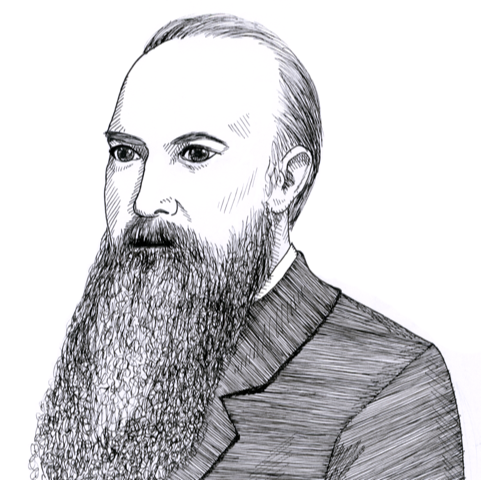
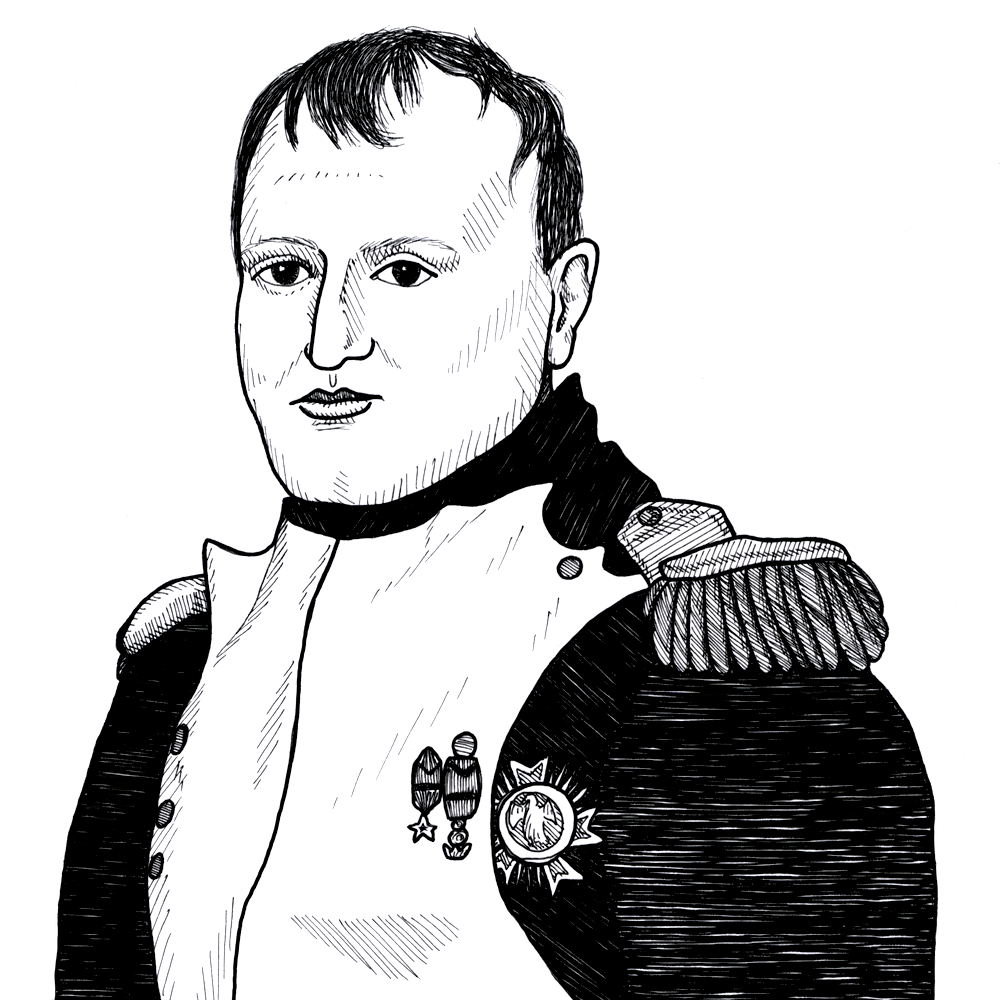
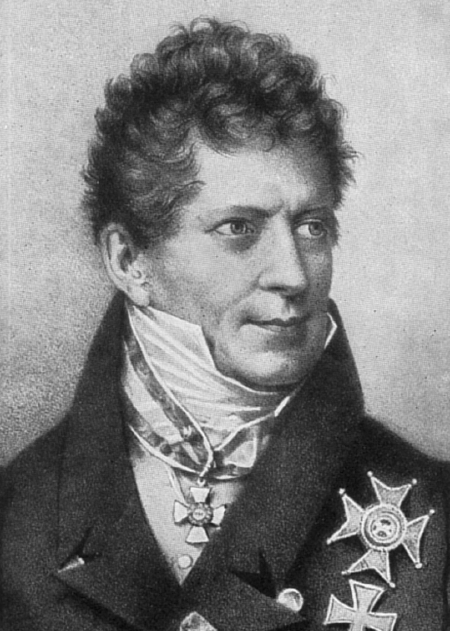
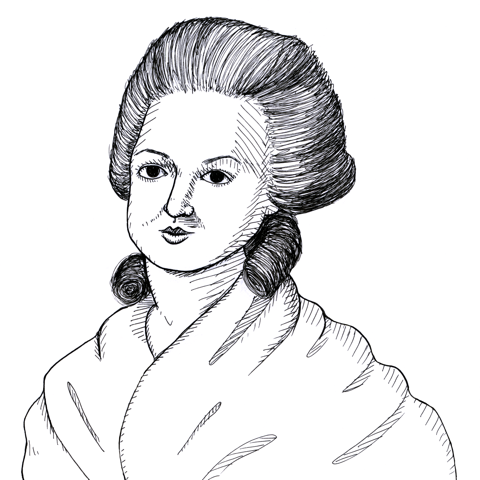
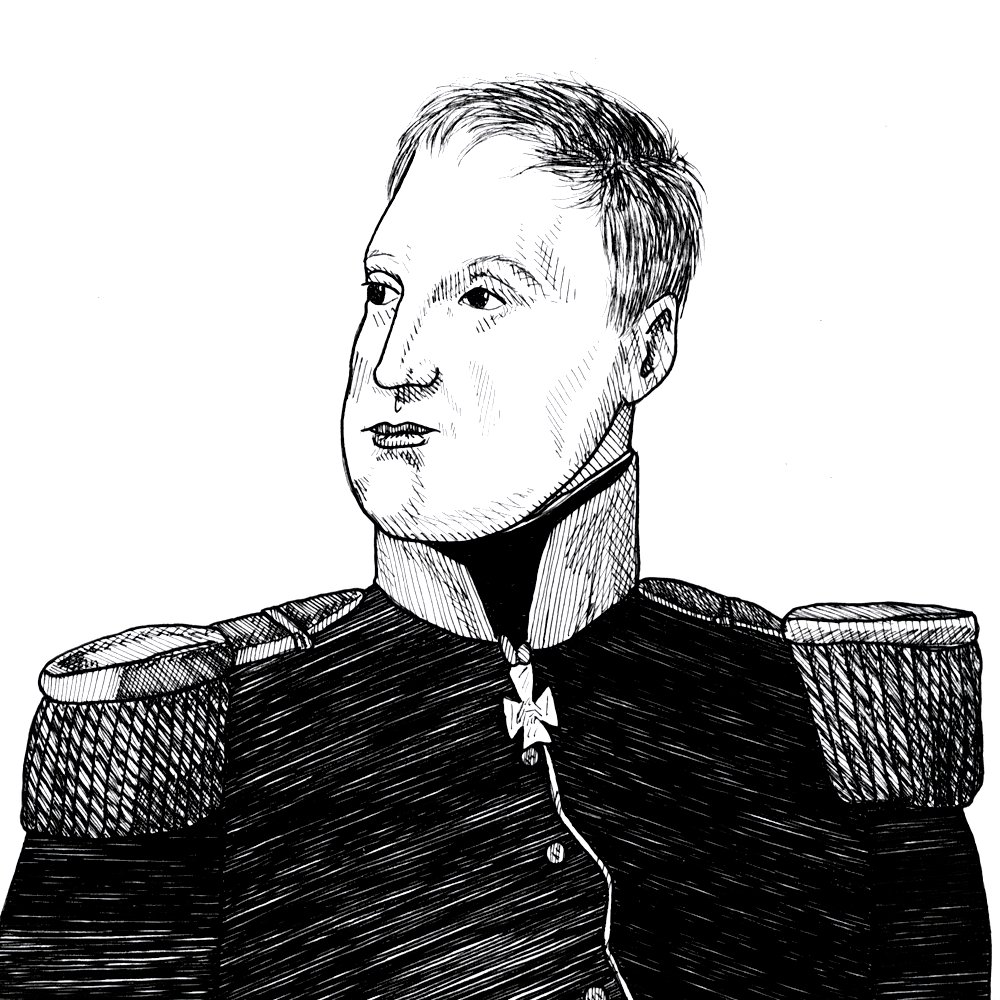
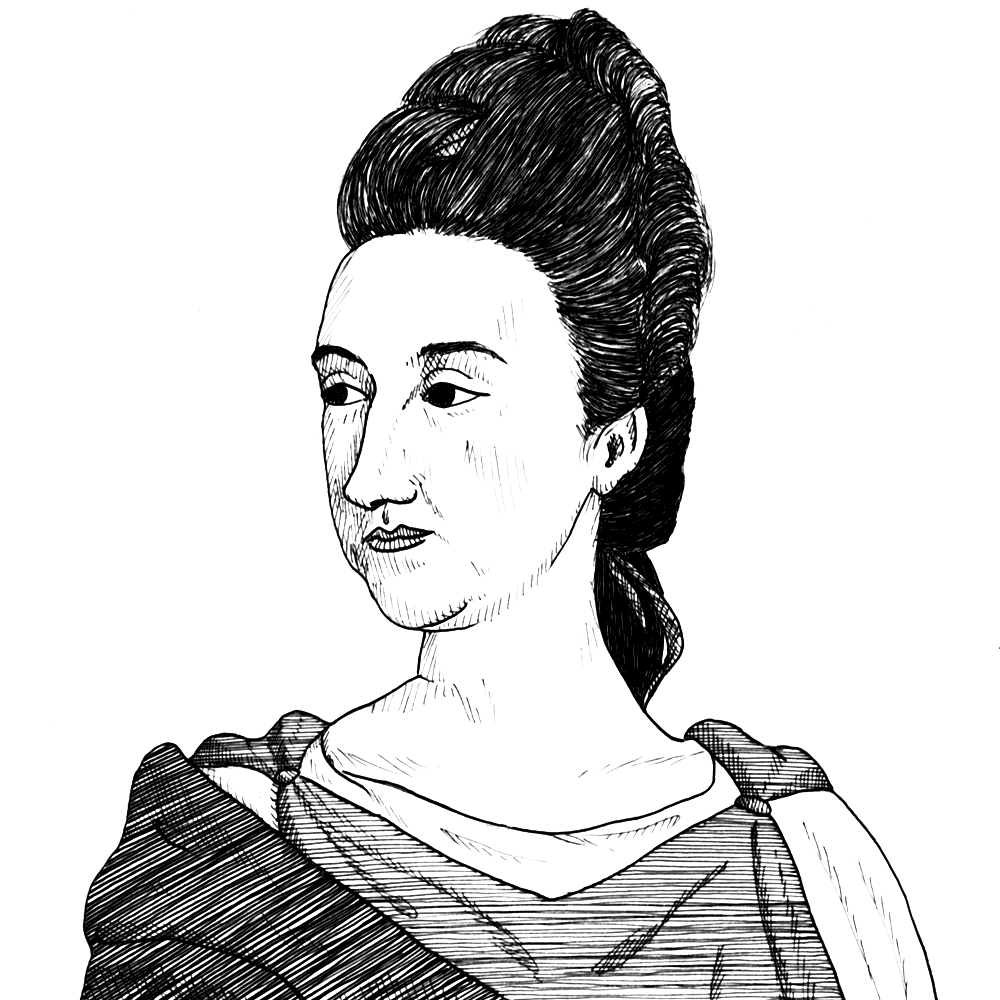
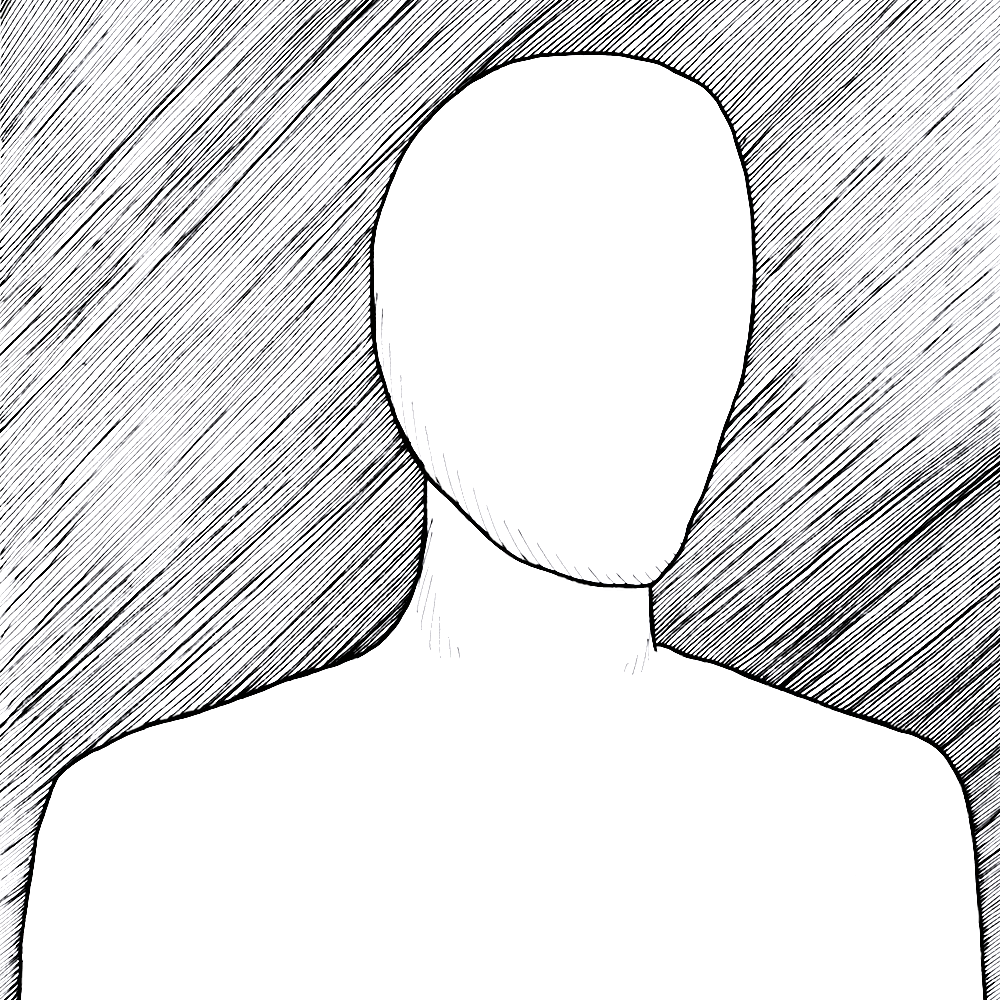
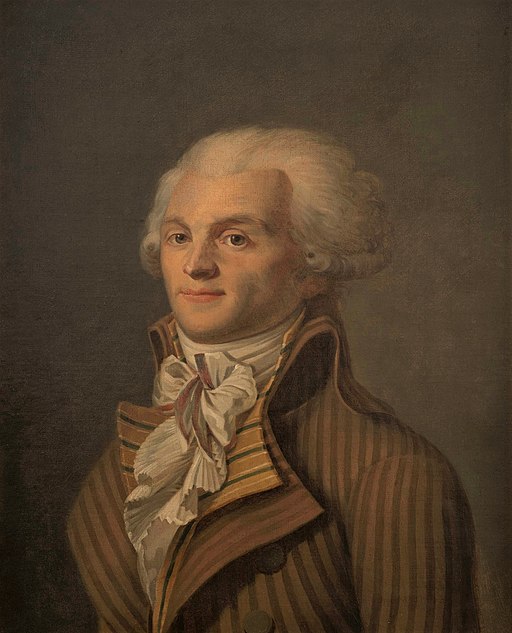
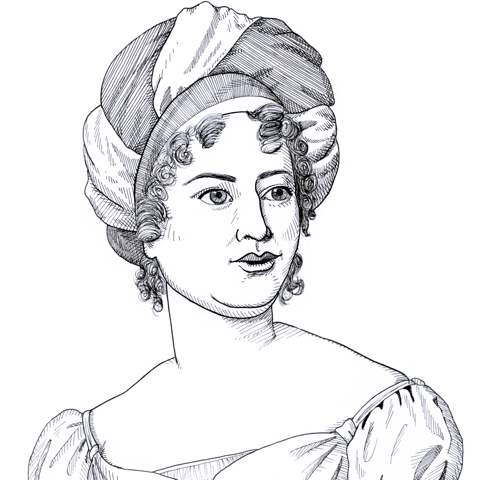
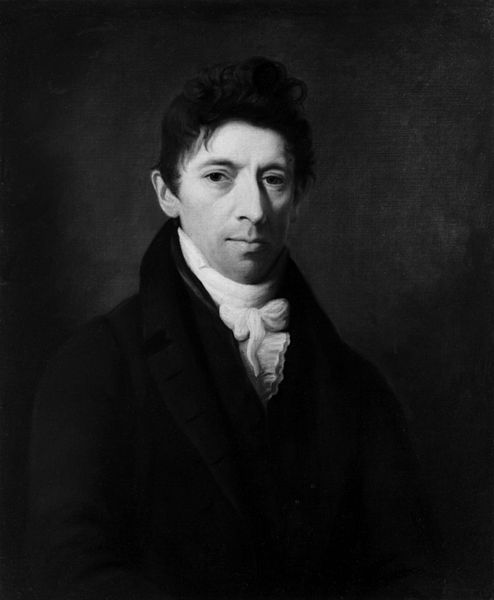
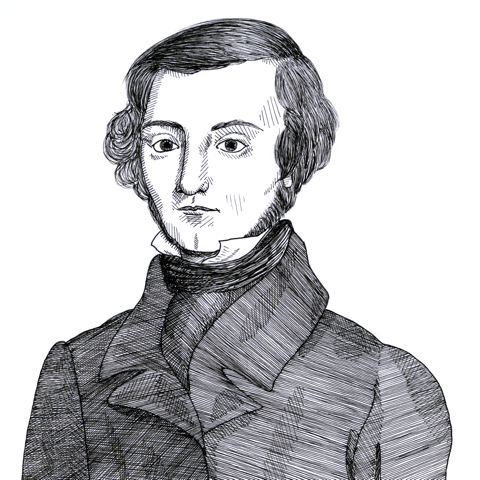
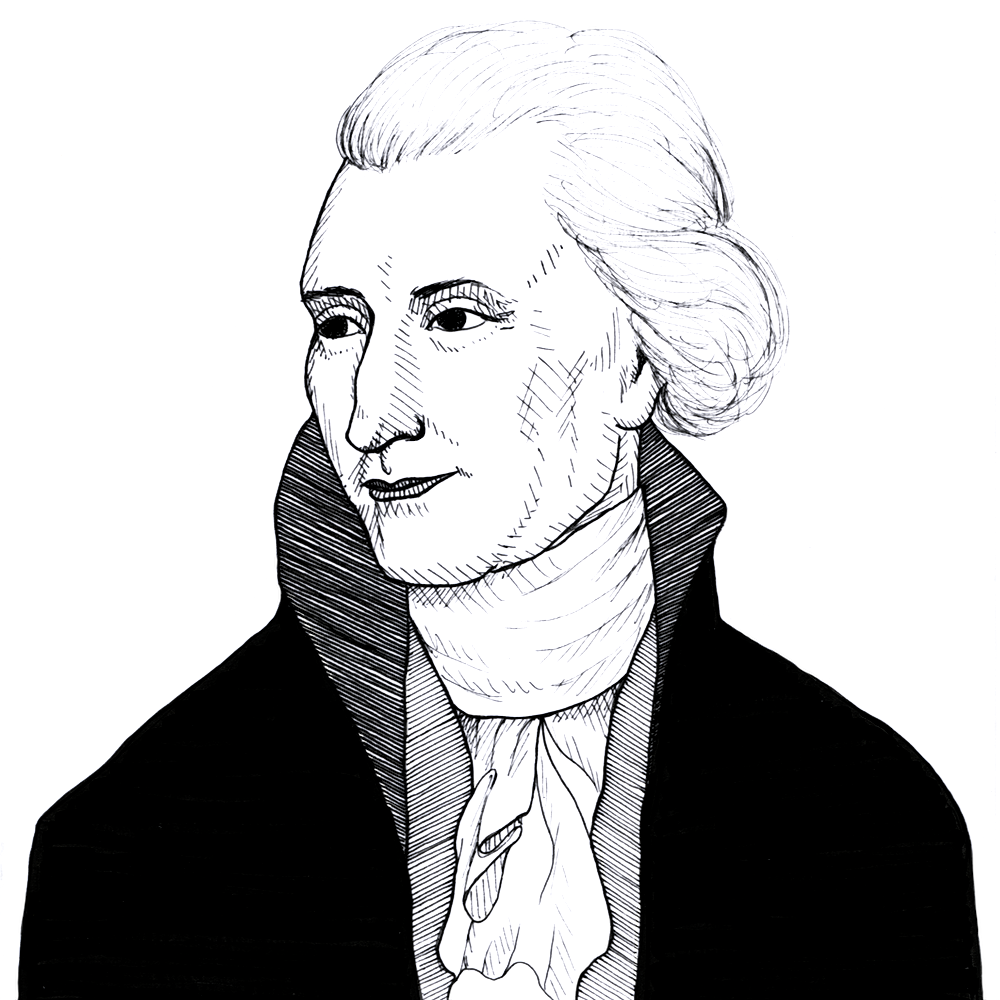
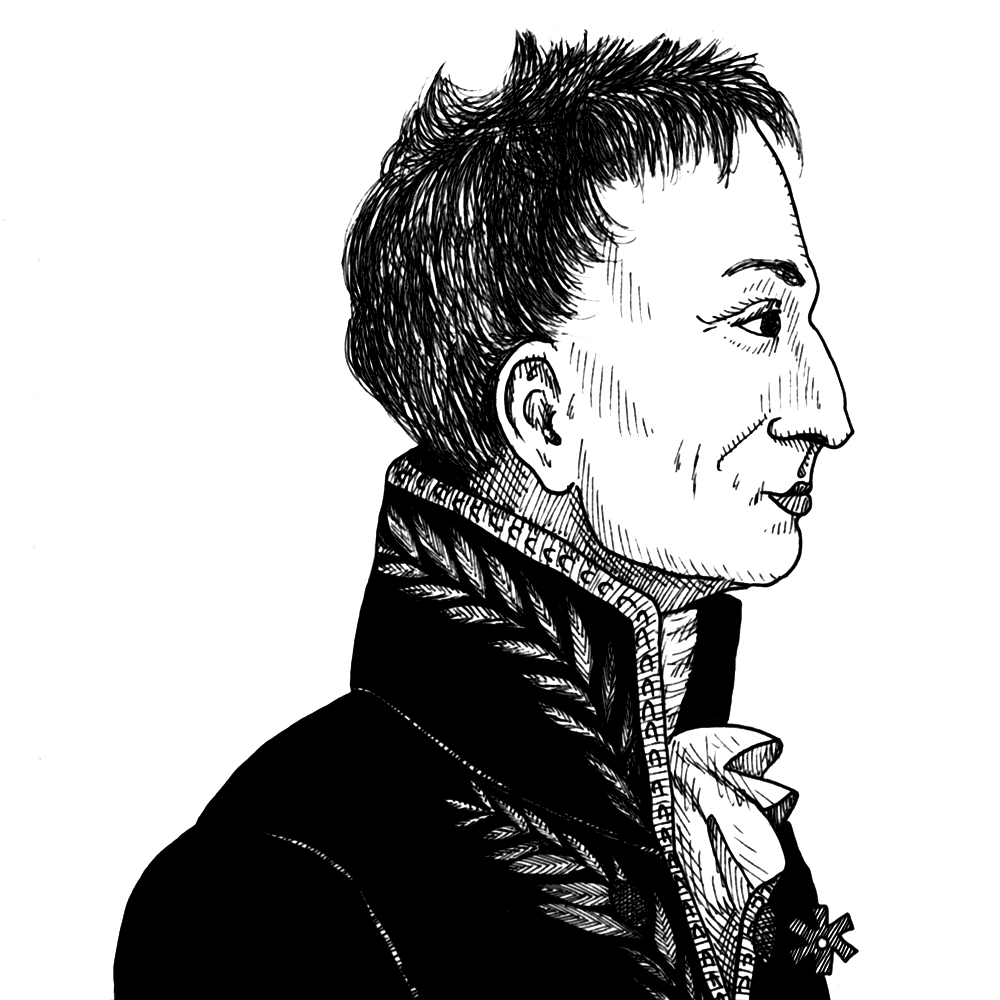
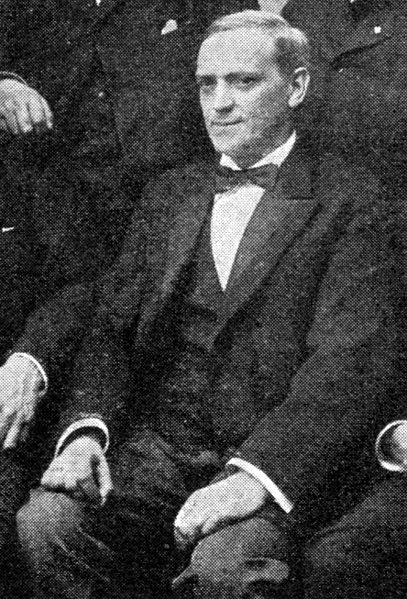
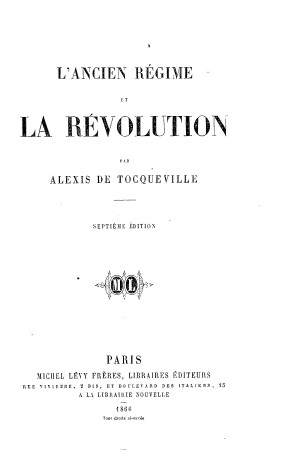
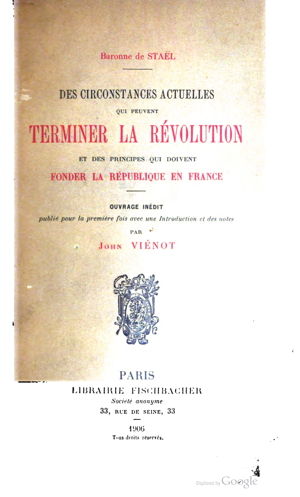
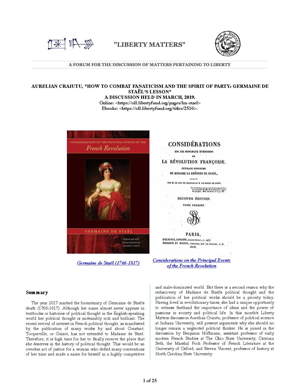
Social History And Conditions. Social Problems. Social Reform